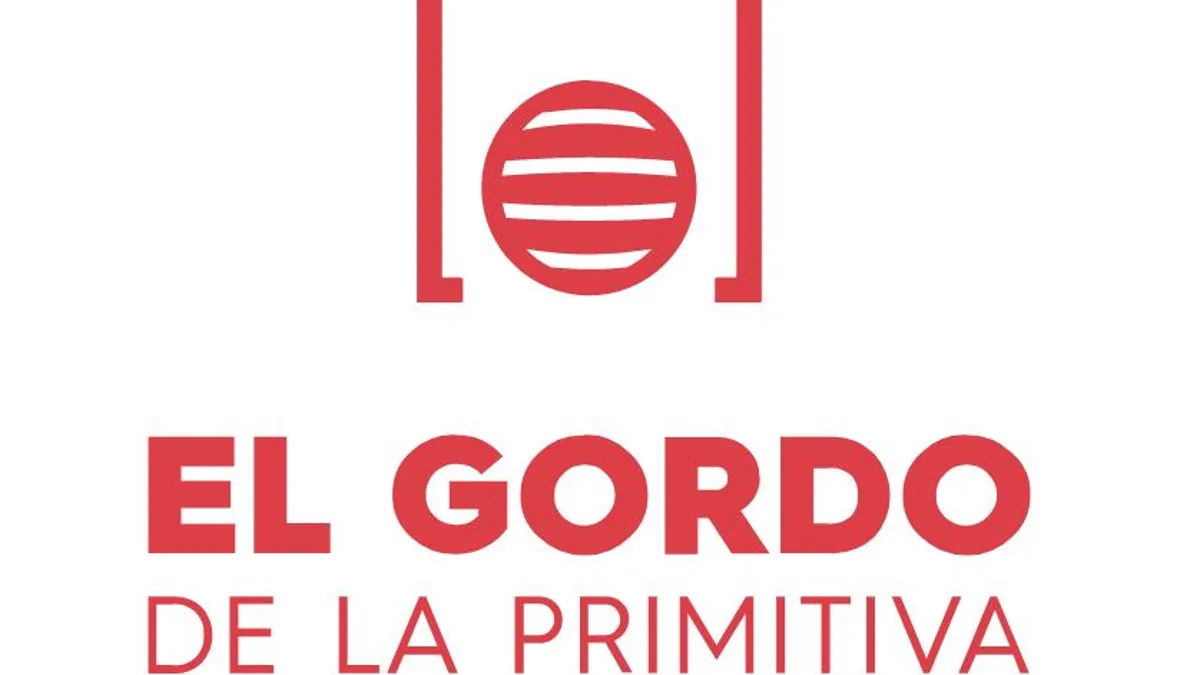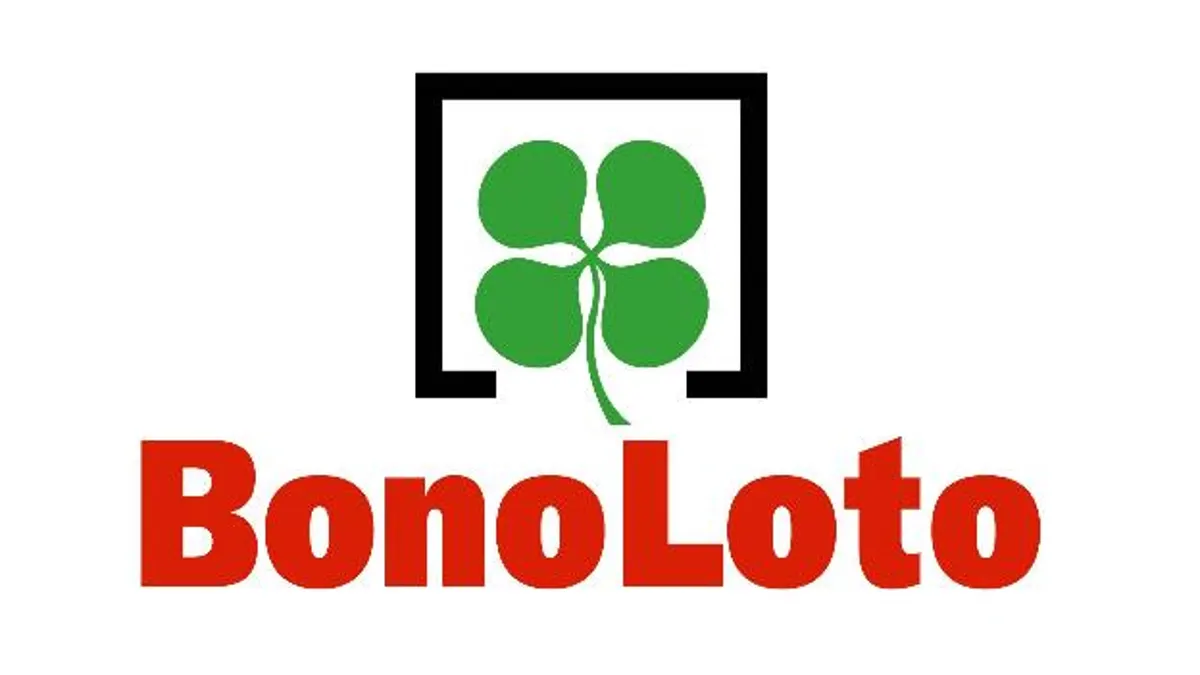When developers talk about networking, the first platform that comes to mind is usually LinkedIn. It’s like a professional hub where people show off their resumes, accomplishments, and job opportunities. While LinkedIn is great for finding jobs, it’s not so great for developers who want to make real connections and collaborate. If you’re a developer looking to learn and connect with others, LinkedIn might not be the best place for that.
A Race for Attention: LinkedIn’s Competitive Culture
LinkedIn feels like a constant competition. While it’s fine for professionals to show off their accomplishments, it’s not great for developers who are looking for mentorship, knowledge sharing, and real collaboration.
As a developer, you might find yourself scrolling through endless posts of “I did this” and “I accomplished that” without any real interaction beyond just likes and comments. Instead of being a space for teamwork, the platform creates an atmosphere where developers feel pressured to show off their achievements rather than helping each other grow.
The whole competitive vibe in the developer community often gets in the way of us connecting. Instead of sharing knowledge and learning from each other, it’s all about comparing resumes, certifications, and who’s got the coolest projects. This focus on individual achievements takes away from what developer culture is really about – working together, pitching in on open-source projects, and learning as a team.
LinkedIn: Great for Job Searching, Poor for Building Relationships
While LinkedIn is great for finding job opportunities, it’s not so good for building real connections. It’s awesome for connecting with recruiters and companies when you’re job hunting, but it’s not the best for forming long-term relationships, especially with developers from around the world.
As a developer, it’s not enough to just add people on LinkedIn. We need communities where we can freely exchange ideas, but LinkedIn’s feed is mostly about career achievements and polished profiles. It doesn’t allow for in-depth discussions, sharing coding challenges, or exchanging technical insights.
Enter dev.to: A Community-First Platform for Developers
If LinkedIn is where developers go to compete, dev.to is where developers go to collaborate. As a community created by and for developers, dev.to focuses on sharing knowledge and encouraging real discussions. Whether you’re a seasoned developer or just starting, the platform offers a space to ask questions, share insights, write tutorials, and contribute to open-source projects.
Here are a few reasons why dev.to is better for developers than LinkedIn:
Collaborative Atmosphere: Unlike LinkedIn’s competition-driven nature, dev.to encourages collaboration and sharing. Developers are more inclined to help each other solve problems or share their experiences without the pressure of “looking good” for recruiters.
Knowledge Sharing: Dev.to focuses heavily on blog posts and articles where developers share in-depth technical knowledge. Whether it’s a coding challenge, a new technology, or best practices, the community is more about learning together.
Genuine Conversations: Conversations on dev.to are often more engaging and deeper. Instead of simply liking someone’s post about landing a new job, dev.to allows for meaningful exchanges about code, tools, and technologies that developers are working on.
Open Source Friendly: Many developers on dev.to are involved in open-source projects and are more likely to connect over shared passions and coding efforts rather than career milestones.
No Recruiter Spam: LinkedIn’s heavy focus on job seekers and recruiters can often lead to spammy messages or inauthentic connections. Dev.to, on the other hand, is a place for developers to meet based on common interests and skills, not job titles.
Conclusion: Choose the Right Platform for the Right Purpose
LinkedIn is good for finding jobs and networking professionally, but it’s not the best for making genuine connections as a developer. Platforms like dev.to, where collaboration, learning, and a supportive community are encouraged, are better suited for developers who want to grow together instead of competing for the spotlight.
As a developer, if your goal is to connect, learn, and contribute to a community of like-minded individuals, LinkedIn might not be the place for you. Instead, seek out communities where collaboration takes precedence, and genuine relationships can be formed—because in the end, coding is more about teamwork and less about individual success.


























